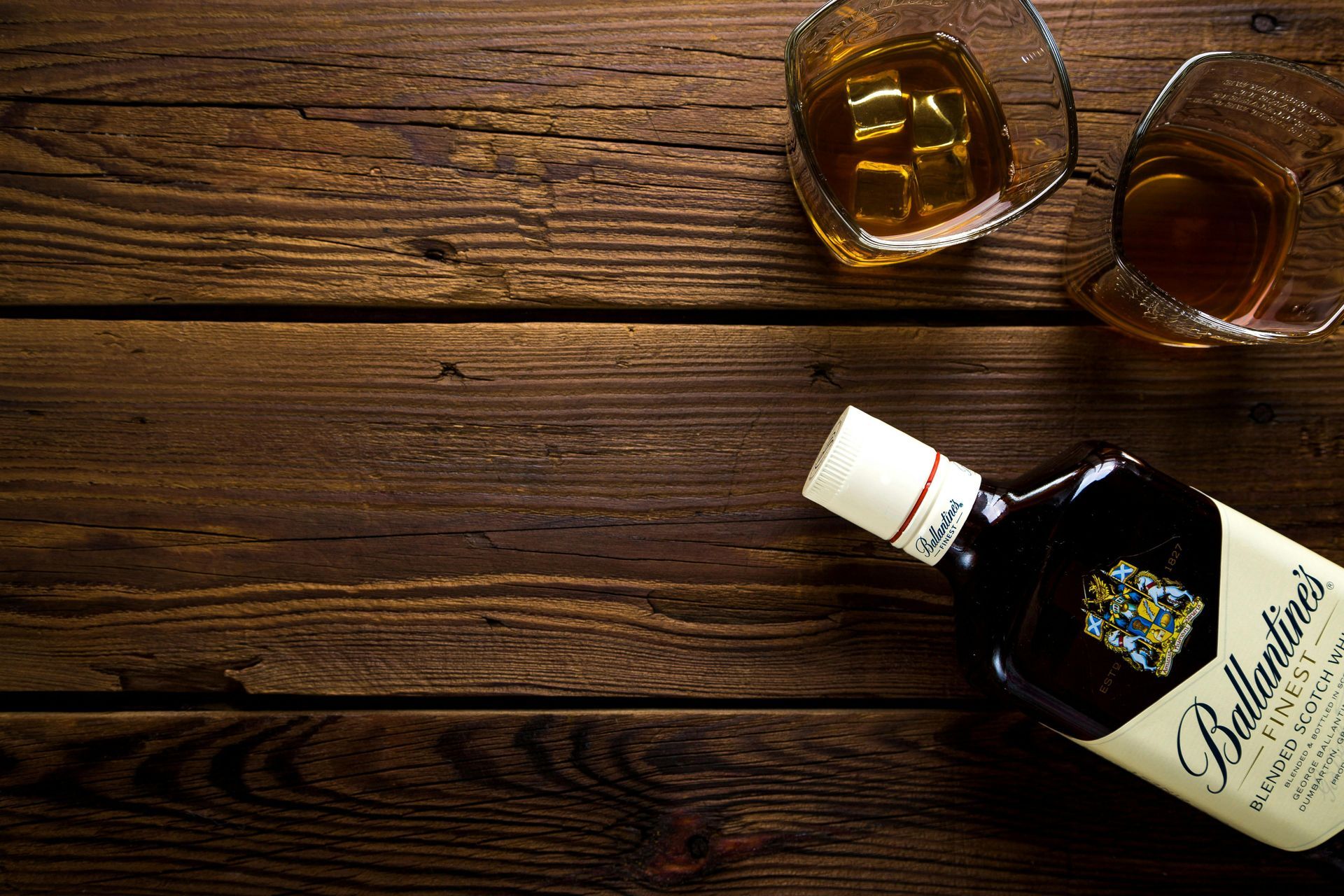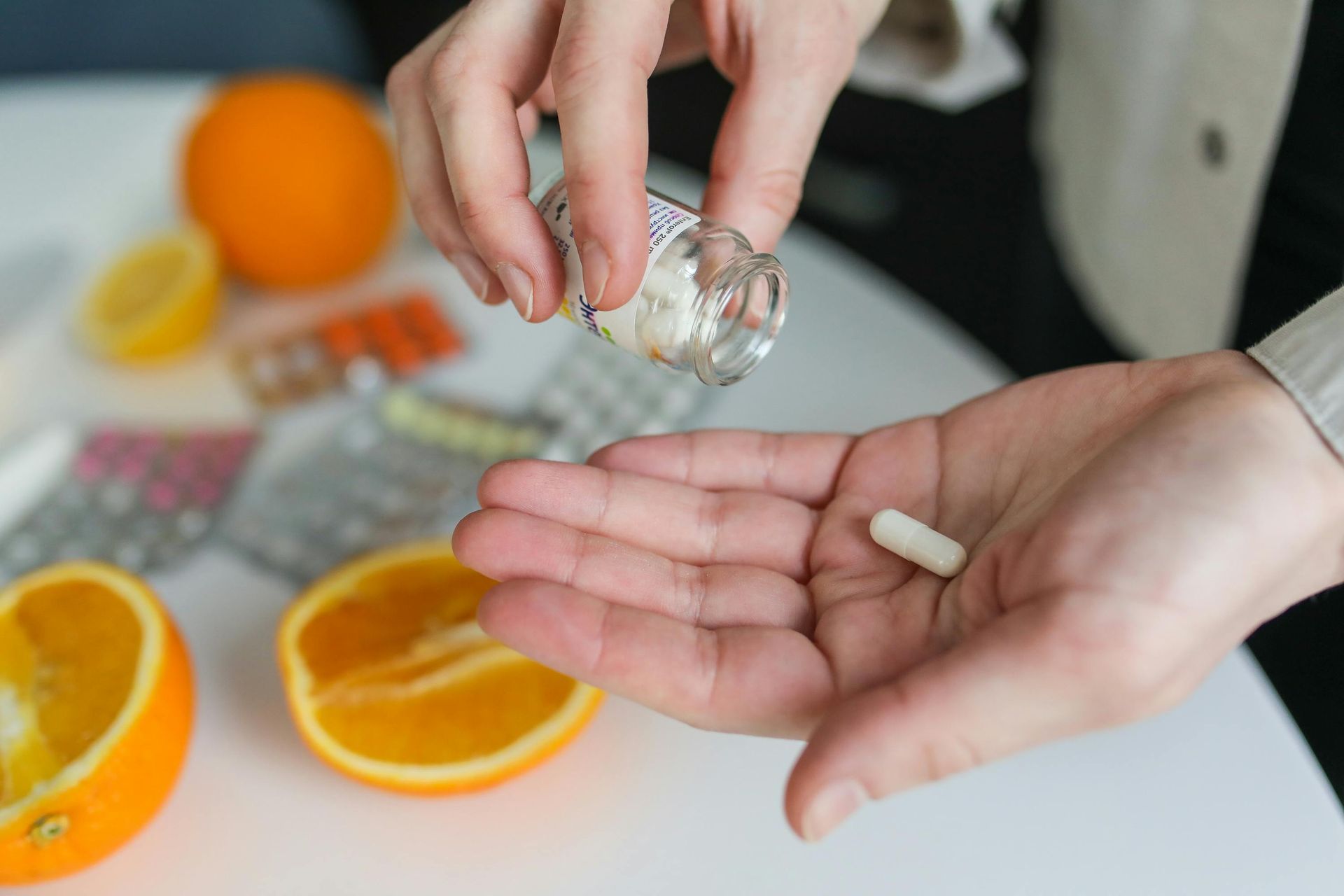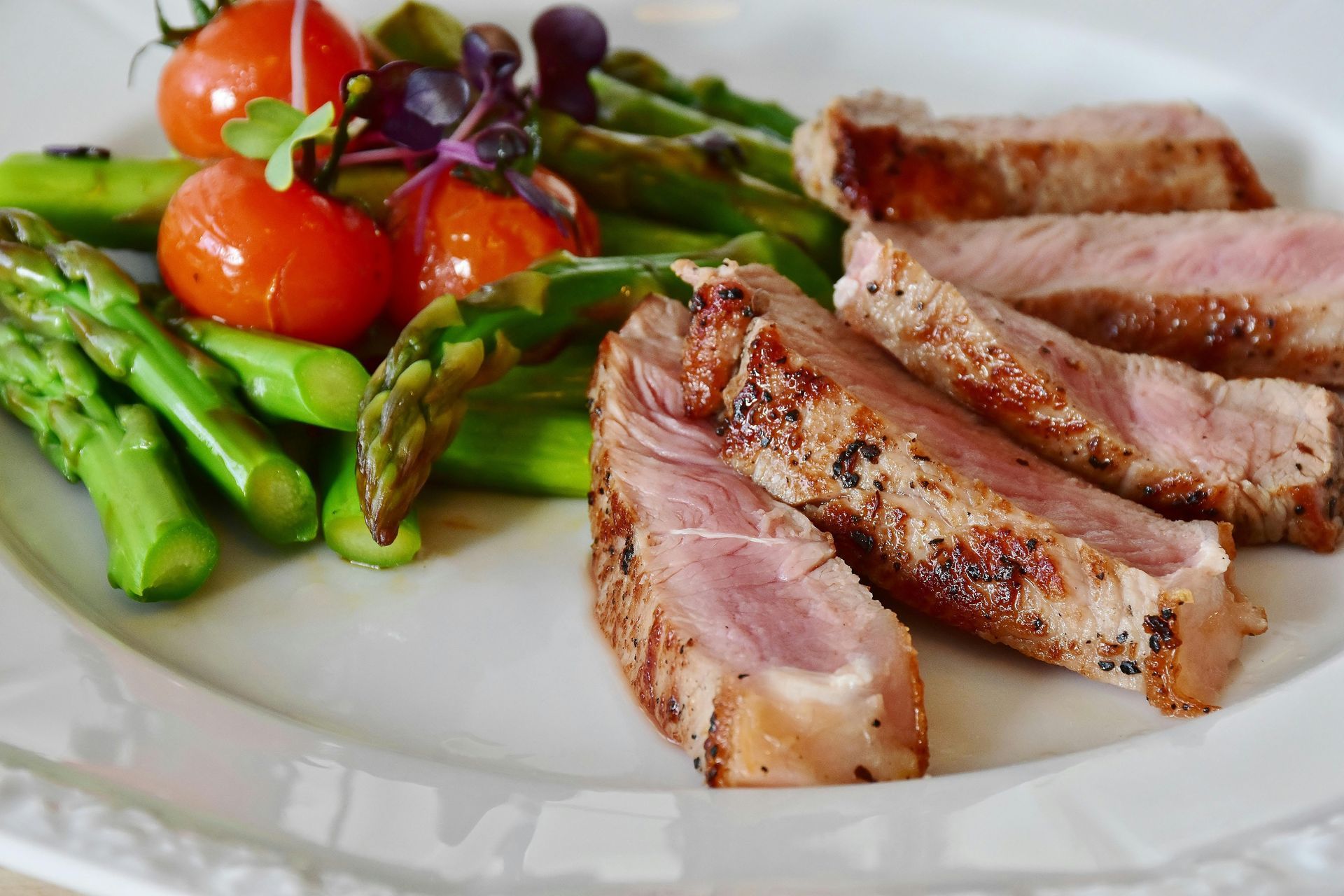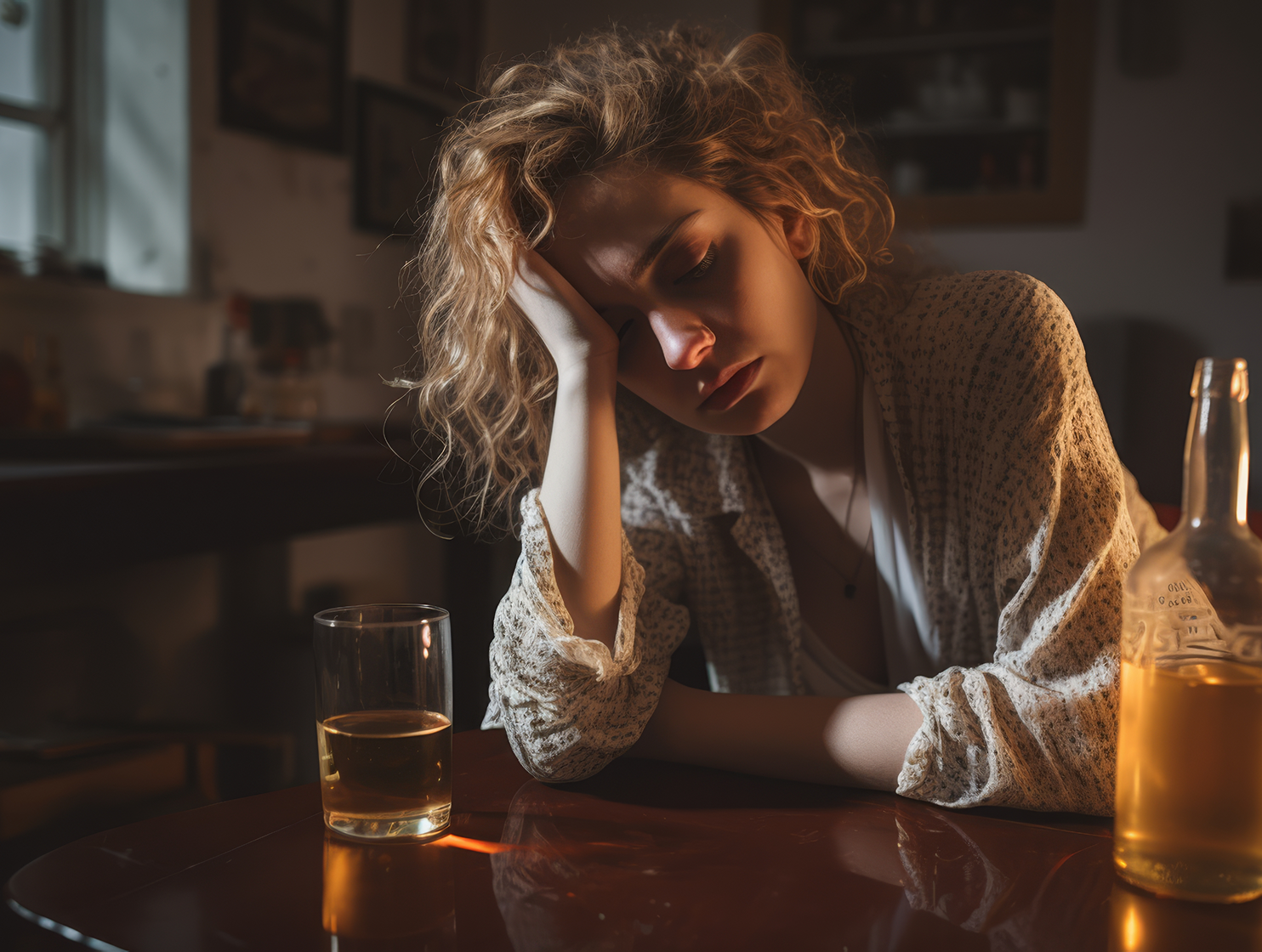How Long Do You Stay Drunk? A Clear, Safe Timeline

Joseph Lopez • September 14, 2025
Table of Contents
How long do you stay drunk? For most people, the “drunk” feeling fades after several hours, but the exact duration varies based on how much you drank, your body size, what you ate, and how quickly you were drinking. Your blood alcohol concentration (BAC)—a simple measure of how much alcohol is in your blood plays a big role, and we’ll explain it in detail later in this article. Even after you feel better, you can still be impaired, and hangover symptoms like headache, nausea, and fatigue may linger for up to 24 hours.
At Pure IV Nevada, we can’t make you sober faster—no service can—but our medically supervised IV hydration can help you rehydrate and ease hangover-related symptoms while your body naturally clears alcohol. If you’re recovering after a night out, schedule a visit for safe, convenient support so you can focus on rest while time does the sobering.
When Do Alcohol’s Effects Kick In?
Alcohol absorbs through the stomach and small intestine within minutes. Most people feel it quickly, with peak effects around 30–45 minutes after a drink. How soon you feel drunk depends on what and how fast you drink, whether you’ve eaten (empty stomach = faster, stronger), and body size—and spirits generally hit faster/harder than beer or wine at equal alcohol.
How Long Does Being Drunk Last? — Typical Timeline at a Glance
- Onset (how fast you feel it): Alcohol starts acting within minutes; most people feel peak effects around 30–45 minutes—faster on an empty stomach and with higher-ABV spirits.
- “Drunk” feeling (how long it lasts): For many, intoxication lasts several hours (often the length of a night out). The more and faster you drink, the longer it lasts.
- Sobering up (how long to get sober): Your BAC falls gradually over time. Only time lowers BAC—coffee, cold showers, or exercise won’t.
- Hangover (after-effects): Headache, nausea, and fatigue can linger up to 24 hours, even when BAC is ~0.00.
Key takeaway: You can feel less drunk before you’re actually sober. If any alcohol remains in your system, judgment and reaction time can still be impaired. Don’t drive.
What Is BAC — and How It Determines How Long Being Drunk Lasts
Blood Alcohol Concentration (BAC) is the amount of alcohol in your blood. It’s the single best indicator of how long being drunk lasts:
- Higher peak BAC → longer you feel drunk and the longer it takes to reach true sobriety.
- Lower peak BAC → shorter drunk window.
What raises or lowers your peak BAC (and therefore duration):
- How much and how fast you drink (faster = higher peaks, longer effects)
- Drink strength (ABV) (spirits > wine > beer at equal volumes)
- Food in your stomach (eating lowers/slowly rises BAC)
- Body size, sex, meds, and health (these change how high BAC climbs)
Bottom line: BAC is the “clock” for intoxication—only time brings it down. You might feel better before you’re actually sober if BAC is still elevated.
What Affects How Long Being Drunk Lasts?

The answer to how long being drunk lasts varies from person to person. These proven factors shape your timeline:
- How much you drink & how fast: Bigger totals and rapid sipping/shots drive your BAC higher, keeping you intoxicated longer.
- Alcohol strength (ABV) & type: Spirits and high-ABV cocktails spike BAC faster than beer or wine at similar volumes.
- Body size, composition & sex: Lower body water and higher body fat (more common in females) raise BAC and prolong effects; enzyme activity also differs by sex.
- Food in your stomach: Eating—especially protein and healthy fats—slows absorption and blunts the peak; an empty stomach = faster, stronger intoxication.
- Medications & health status: Certain drugs and liver conditions slow alcohol metabolism, extending impairment.
- Hydration & sleep: Dehydration and fatigue intensify how long you feel the effects, even as BAC falls (hangover burden).
Bottom line: Only time lowers BAC. Pacing drinks, eating before/during, and staying hydrated help reduce peaks—but they don’t make you sober faster.
How Long Until I’m Sober?
“Sober” has two sides and both affect how long being drunk lasts:
- How you feel (subjective). The buzz can fade after several hours, but judgment and reaction time may still be off.
- Your BAC (objective). BAC (blood alcohol concentration) falls steadily only with time. Coffee, showers, exercise, or “detox hacks” won’t lower it. If you finished drinking late, you can still be impaired into the morning—especially after heavy drinking.
Safe rule: If you’ve been drinking, don’t drive until you’re certain you’re sober.
Note:
Pure IV Nevada can’t reduce BAC, but our medically
supervised IV hydration can help relieve hangover-related dehydration while your body clears alcohol naturally.
What Being Drunk Looks Like at Different BAC Levels
- ~0.02–0.05 (mild impairment): Light buzz, lowered alertness and judgment. Even at this range, reaction time slows—don’t drive. A lower peak BAC generally means a shorter drunk window.
- ~0.05–0.08 (clear impairment): Slower reactions, poorer coordination, and rising crash risk. Expect several hours before you’re truly sober, even if you start to feel “OK.”
- ~0.08–0.15 (legally drunk in most states): Noticeable balance/coordination issues, slurred speech, and reduced control. Plan for many hours before BAC returns to baseline—don’t operate a vehicle or machinery.
- ~0.15–0.30 (severe impairment): Confusion, vomiting, drowsiness; very high injury and crash risk. Impairment can extend into the next day, and alcohol poisoning is possible.
- >0.30 (danger zone): Possible coma and life-threatening depression of breathing/heart rate—medical emergency.
Why this matters for “how long does being drunk last”: The higher your peak BAC, the longer it takes to reach true sobriety. Only time lowers BAC; coffee, cold showers, and “detox hacks” won’t. Hangover symptoms can still linger up to 24 hours, even when BAC is back to ~0.00.
How Pure IV Nevada Helps While You Wait to Sober Up
Quick truth: IV therapy can’t shorten how long you're drunk; only time lowers your BAC. What Pure IV Nevada can do is help you feel more human during the hangover window by rehydrating you and easing common symptoms while your body naturally clears alcohol.

What we can help with
- Rapid rehydration & electrolytes: Replaces fluids you lose while drinking, which may ease headache, fatigue, dry mouth, and lightheadedness.
- Nausea support: Clinician-guided add-ons (when appropriate) can help you keep fluids down so you can actually recover.
- Convenience that matters: Mobile, nurse-delivered care at your home, hotel, or office—no waiting rooms when you feel rough.
- Professional oversight: Licensed clinicians, clean equipment, and protocols designed for safety and comfort.
- Custom options: Drip formulas and add-ons tailored to how you’re feeling that day.
Where IV hydration fits in the timeline
- During intoxication: IVs do not reduce BAC or make you sober or safe to drive. If you’ve been drinking, plan a ride and give yourself time.
- Hangover phase (after BAC trends toward ~0): IV fluids and electrolytes can support hydration and comfort while you wait out the after-effects that may linger up to 24 hours.
Why choose Pure IV Nevada for next-day recovery
- Speed & access: Same-day scheduling and on-site care when getting out of bed feels impossible.
- Consistency & safety: Trained professionals follow medical protocols so you can focus on rest.
- Local expertise: Built for Nevada locals and visitors who want reliable, on-demand hydration support.
Safety first: If someone has red-flag symptoms, confusion, repeated vomiting, slow or irregular breathing, bluish or very pale skin, seizures, or won’t wake, skip mobile services and seek emergency care immediately.
Bottom line: If you’re wondering how long does being drunk last, expect hours of impairment and up to a day of after-effects. Pure IV Nevada can’t change the alcohol timeline, but we can help you rehydrate, stabilize, and feel better while time does the sobering.




